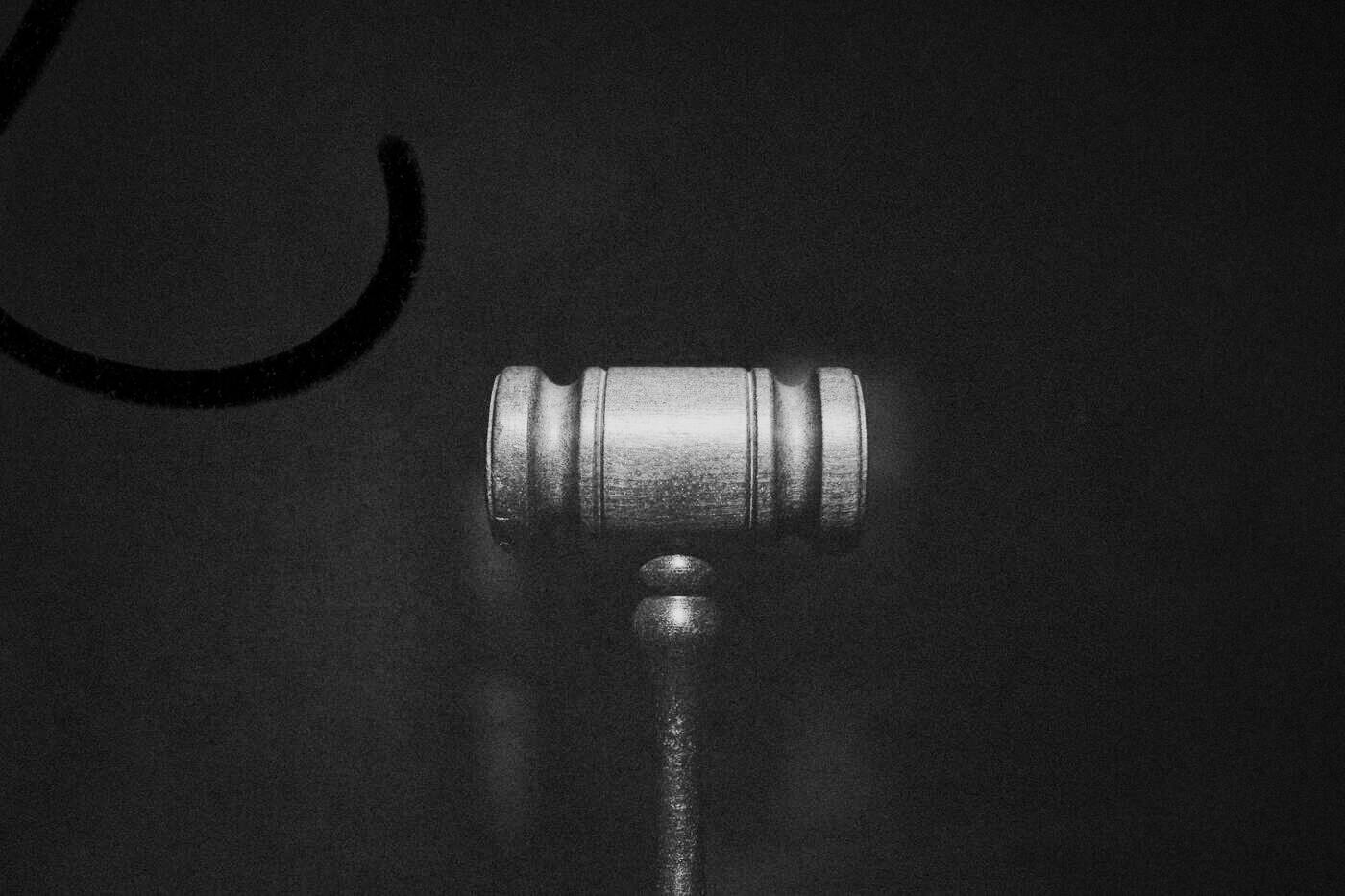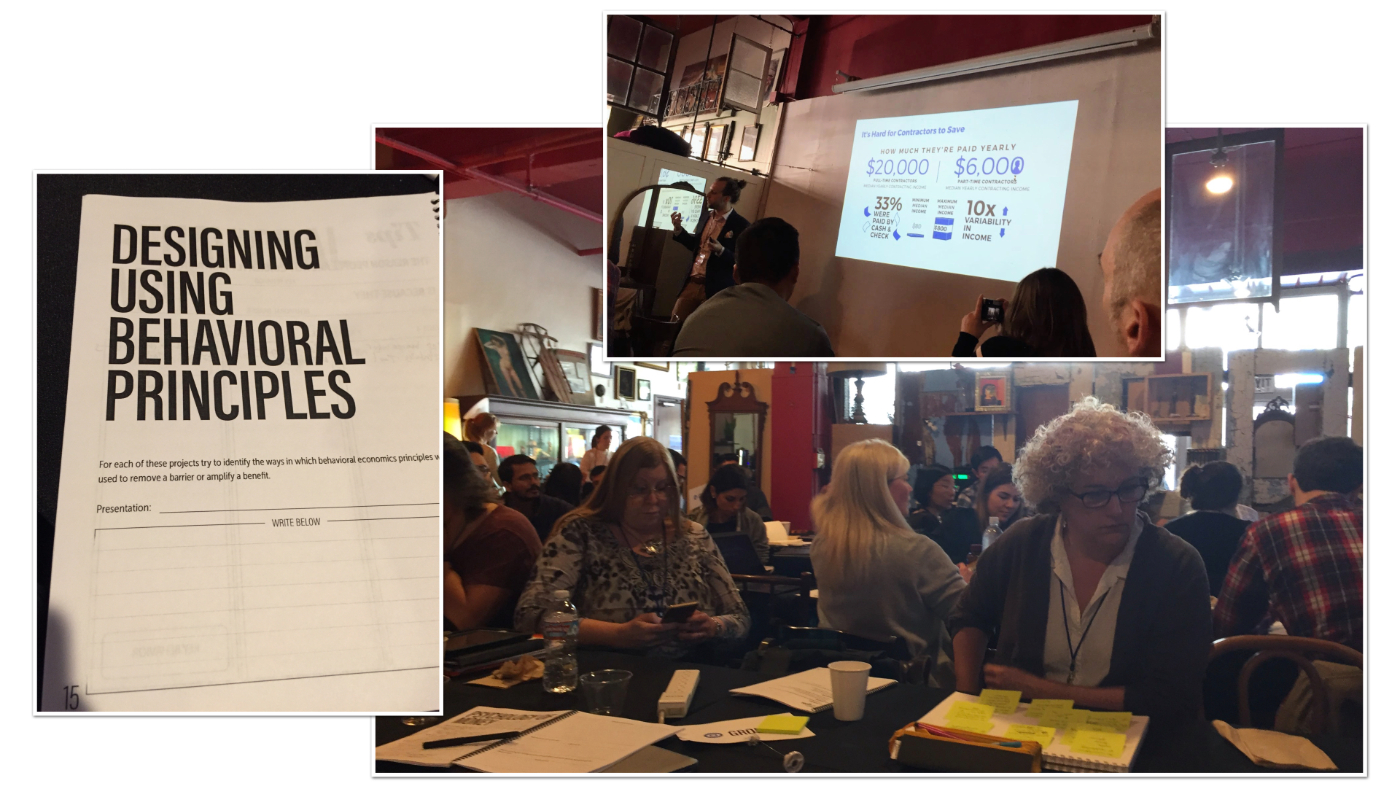
The moment that kicked off one of the most stressful 48 hours of my life began with a simple question over the phone.
“This is the Financial Crimes Division of the FBI. Are you aware you owe back taxes?”
It was March of 2017. I was working at Etsy, and the company had flown me and a coworker to California for a workshop hosted by Dan Ariely, a psychology professor at Duke. It was one of those early flights where you get off the plane and it’s still mid-day. The sun was shining and it felt a little surreal, like, “Why is it still so bright out?” I was tired, time-warped, 3,000 miles from where I’d been that morning in San Francisco, and waiting for a train when I got this strange call.
The Financial Crimes Division? I told myself this had to be fake. I’m just a regular guy! The caller seemed to anticipate my skepticism and instructed me to Google the number he was calling from. Sure enough, the search result for the number said “FBI.”
My heart dropped. I still held the lease to the address they mentioned, so maybe something had been sent there from the government that I’d missed. It felt totally plausible.
The voice on the phone said they had the ability to reach local law enforcement to arrest me if I didn’t cooperate, and even pulled the Caller ID trick on me a second time with the SFPD’s number to “prove it.” They said I needed to pay off my back taxes immediately. After the flight and in my dazed state, the last thing I wanted was for the police to show up at this workshop and arrest me. I was alone, I was scared, and I panicked. My brain shut down and I went into solution mode—just do as they say and this will all be over. That’s exactly what they told me.
For the next two days they continued to call me, a couple of guys from the same number. I could hear background noise on the calls; one speaker sounded East Asian, the other South Asian. They would vacillate between encouragement and threat. “You’re doing great, just keep doing what we say and you’ll be fine, this will be over soon.” Then they’d turn aggressive: “Do you want to be arrested? Is that what you want?”
Some photos from the workshop that I can barely remember
I was supposed to be learning how to apply behavioral psychology principles to product management alongside other product managers and startup founders, but I could barely pay attention. The man on the phone kept telling me not to tell anyone what was going on. Over and over they’d say, “Don’t tell or it’ll get worse.” It scared me even more—were things so bad that I could implicate someone else in my apparent financial crimes? They got me to buy Apple gift cards and give them the numbers, to reveal my credit card information and up my limits. They would threaten me, then extract information from me so that they gained real leverage. They raised the amounts they wanted, and I kept giving. It’ll all be over soon, they said, and said, and said.
After a couple of days of ducking out of the workshop to take their calls, I was in a car crossing the Golden Gate headed to a regional FBI office where someone could officially absolve me of my alleged sins, still on the phone. When it became clear that the traffic would cause me to miss the appointment, they told me the office would call me back to reschedule but that I was good.
At first, I felt relief—I’d done it! I’d made the scary FBI calls go away, even if it cost me a small fortune. But when the rescheduling call never came, that relief turned to dread. A sinking feeling came over me.
Oh my God, this was all fake, wasn’t it?
Those noises in the background of the calls? This was just a call center. The FBI threatening me and telling me to stay silent? This wasn’t a gangster movie! Suddenly everything became clear—how they manipulated me, played on my deepest fears and desires. I went into damage control, canceling cards, begging the customer service teams of my credit cards to forgive some of the payment, and trying to get in touch with the companies I’d bought gift cards from to recover any funds I could. I filed police reports with the city of San Francisco, whose police department told me I needed to file with the NYPD ostensibly because that’s where I now lived. My local police precinct in turn told me they couldn’t do anything because I was in San Francisco when it happened. I brought the total damage from $18,000 down to $12,000—nearly two months of my take-home pay.
I eventually confided in my girlfriend, now my wife. I was afraid she would shame or blame me for making such a stupid mistake. To my everlasting gratitude, she didn’t. Her biggest question was, “Why didn’t you call me when it was happening?”
The answer, of course, was that I was horribly embarrassed. While it was happening I just wanted to fix it, and afterwards I wanted to fix what I thought was my fixing it. What I realize now is how tactical all that was, the way the scammers switched from kind to cruel, pure manipulation. It was incredible to think that the workshop I was at with Professor Ariely was about how to help people make good decisions using positive psychology.
It took me much longer to understand why I was so powerfully manipulated by these obvious fraudsters. As a resilience coach, one of the most important things I can offer my clients is the space to unpack their shame and fear in a safe place. It’s through those countless sessions that I developed the resilience framework that I shared at the start of this mini-series.
While I think I moved through the first three skills—responding in the moment of the crisis, restoring my financial assets after losing the money, and rebuilding my confidence and mentality to unknown callers—I’m only now completing the final step of reflecting on the experience.
In order to write this piece, I had to re-examine two other traumatic events that happened earlier in my life. And in doing so I finally understood how I became so susceptible to this credit card scam.
. . .
When I was in college, I was arrested for driving a golf cart after I’d been drinking. I was on crutches at the time, going five miles an hour on an empty road on campus headed back to my dorm. I was charged with a DUI. I was sentenced to six weekends of “hard labor” in lieu of jail time, my license was suspended, I had to go to a rehabilitation class for alcoholics, and I was put on probation at my new job working for Stanford’s student newspaper. The degree I was supposed to receive several weeks from now would be withheld for a quarter. I’m not trying to shirk responsibility—I did get behind a wheel after too many drinks—but it felt like the punishment didn’t fit the crime.
The Only Subscription
You Need to
Stay at the
Edge of AI
The essential toolkit for those shaping the future
"This might be the best value you
can get from an AI subscription."
- Jay S.
Join 100,000+ leaders, builders, and innovators

Email address
Already have an account? Sign in
What is included in a subscription?
Daily insights from AI pioneers + early access to powerful AI tools








Comments
Don't have an account? Sign up!